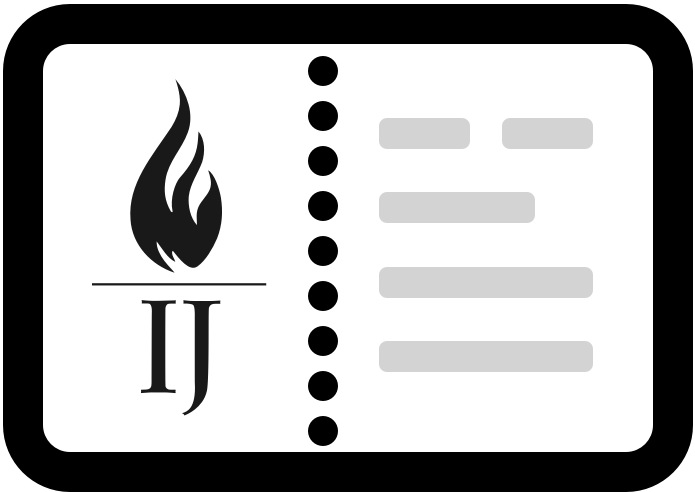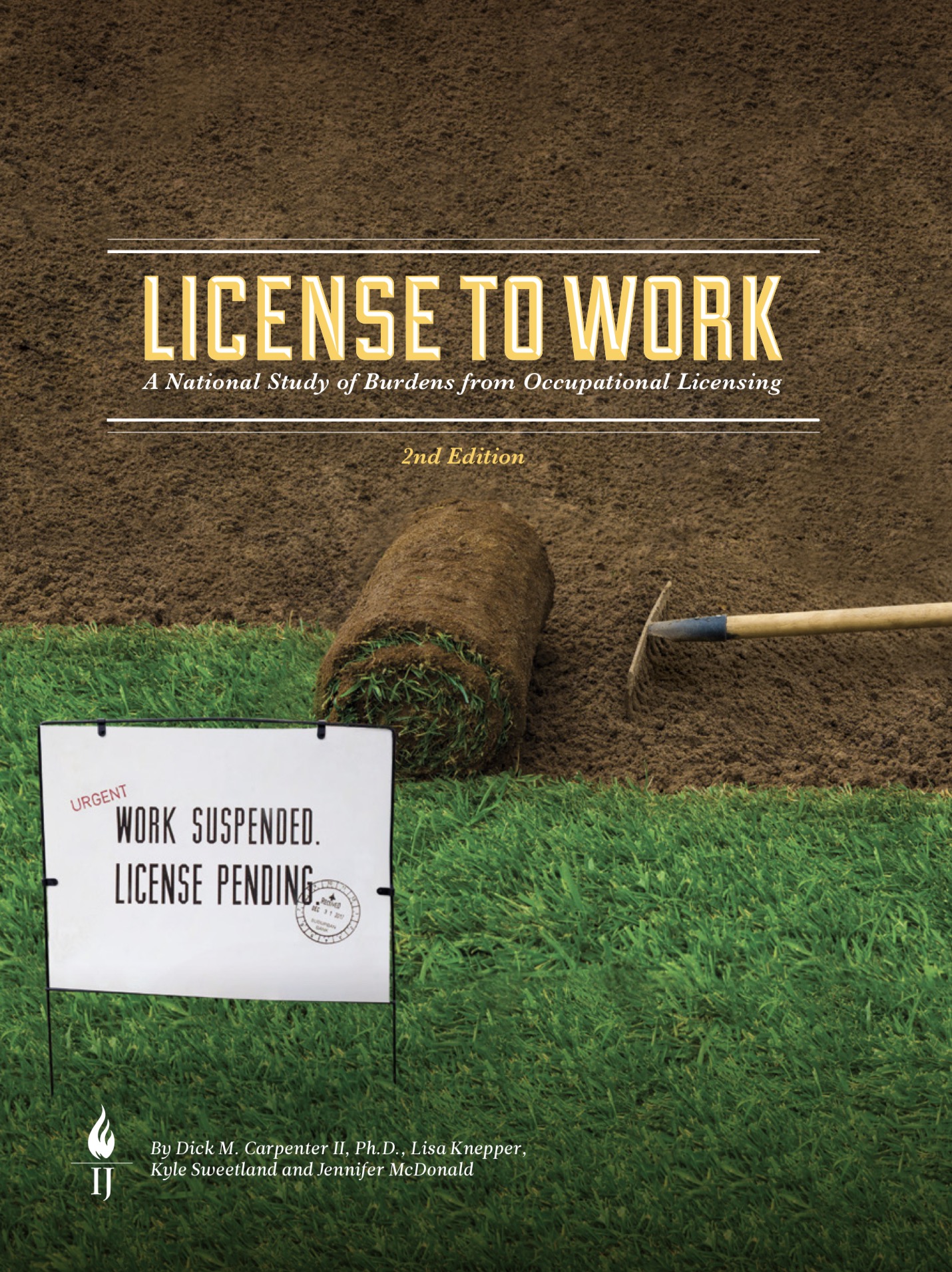Report: License to Work
Conclusion and Recommendations
Elmer Kilian has been preparing taxes for the past 30 years on his dining room table. He fought and successfully defended his right to earn an honest living without getting permission from the IRS. Read more about his case
This report finds that the barriers imposed by licensure schemes on those wishing to enter the 102 lower-income occupations we studied are not only widespread but often severe, arbitrary and irrational. These requirements can be substantial barriers for those seeking work, particularly those who most likely aspire to these occupations—minorities, those of lesser means and those with less education.
Reducing the breadth and burden of occupational licensure could help states realize significant economic benefits by freeing job-seekers to enter new occupations and enabling entrepreneurs to create new enterprises. When Mississippi replaced its cosmetology-license requirement for African hairbraiders with a modest registration requirement, 300 new braiders registered with the state.32 Some of those 300 moved to Mississippi from neighboring states where braiding is still onerously licensed, but others came out from the shadows of the informal economy and will now formally contribute to the economic and social health of their communities.
The state rankings in this report point out particular states that are in need of reform, either because they license too many occupations or impose overly burdensome requirements—or both.
But all states could improve employment prospects for their workers by easing or eliminating licensing restrictions. The State Profiles section of this report details for every state the occupations licensed and the burdens imposed and shows where states stack up compared to one another.
To use this report to identify occupations in need of reform, policymakers should start with a few simple questions:
- Is an occupation unlicensed in other states?
- Are the licensure burdens for an occupation high compared to other states?
- Are the licensure burdens for an occupation high compared to other occupations with greater safety risks?
Each of these questions points to a licensing scheme that may be unnecessary or needlessly burdensome and that may not be justified by legitimate health and safety concerns.
That an occupation is unlicensed elsewhere suggests that the purported health and safety risk is not truly present—or that other mechanisms such as market forces, private certification, third-party endorsers or less intrusive regulation can work instead. That occupational aspirants face lower hurdles in other states, or compared to similarly risky occupations, suggests that licensure burdens can be eased without compromising public safety.
When reviewing current or proposed licensing laws, policymakers should demand proof that there is a clear, likely and well-established danger to the public from unlicensed practice. And if they do choose to license an occupation, they should carefully determine how much of the burden placed on applicants is truly needed to ensure public health and safety. Forcing would-be workers to take unnecessary classes, engage in lengthy apprenticeships, pass irrelevant exams or clear other needless hurdles does nothing to ensure the public’s safety. It simply protects those already in the field from competition by keeping out newcomers. Finally, policymakers should always consider whether less restrictive options—including simply letting consumers decide for themselves—can keep the public safe while creating new opportunities for workers.33
Finding a job or creating new jobs should not require a permission slip from the government. As millions of Americans struggle to find productive work, one of the quickest ways legislators can help is to simply get out of the way: Reduce or remove burdensome regulations that force job-seekers and would-be entrepreneurs to spend precious time and money earning a license instead of working.



